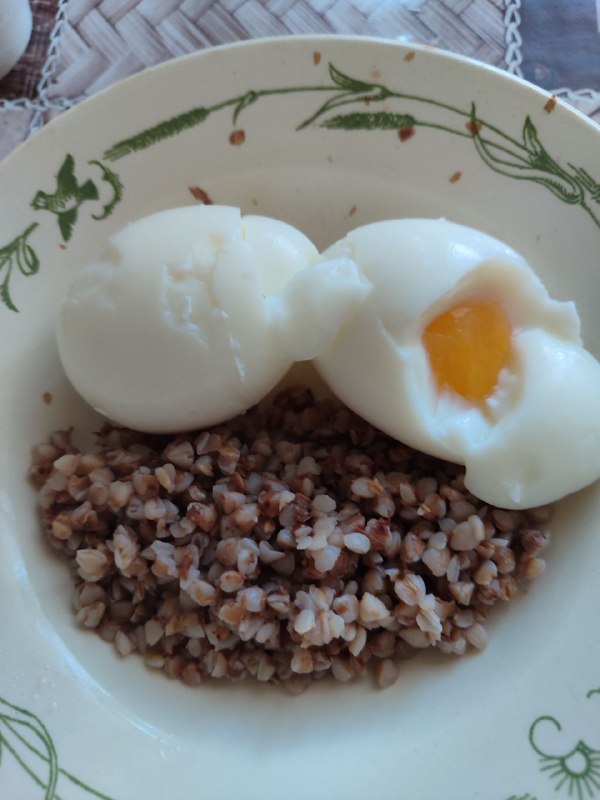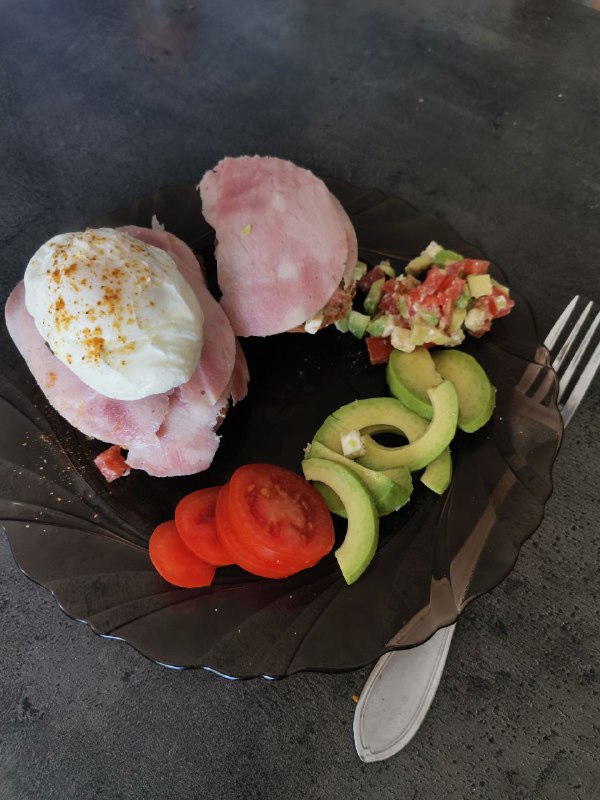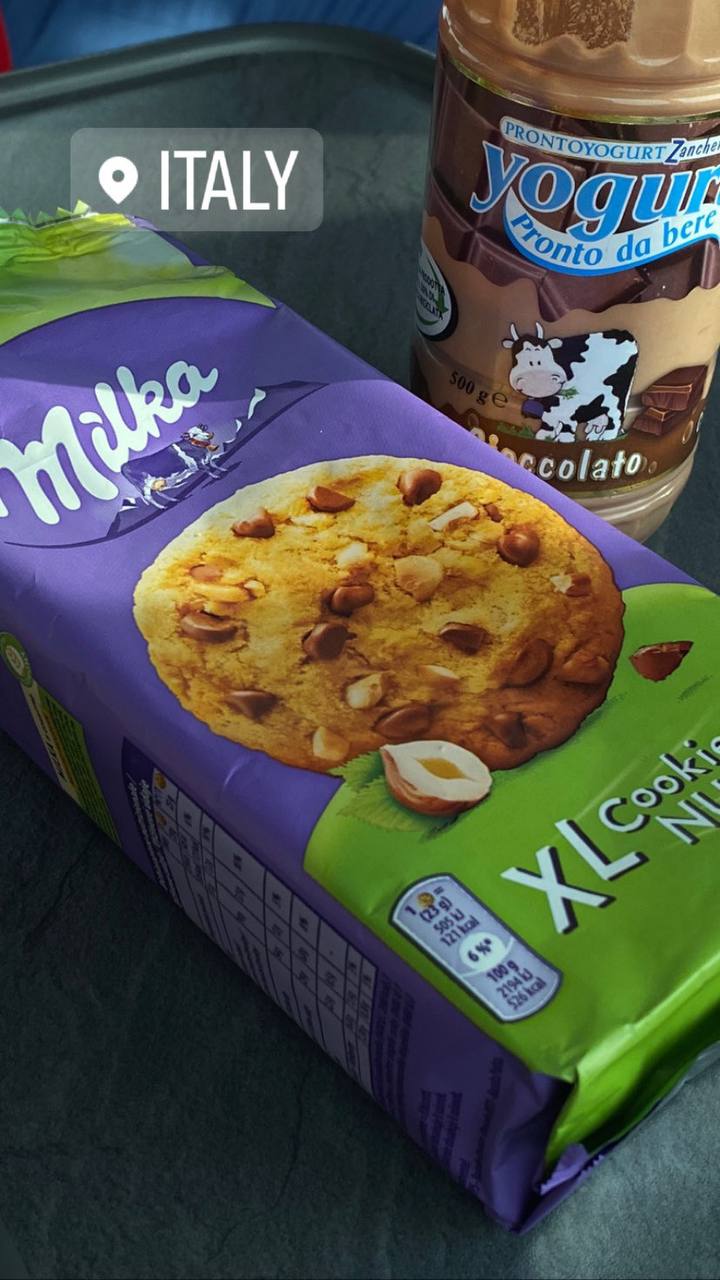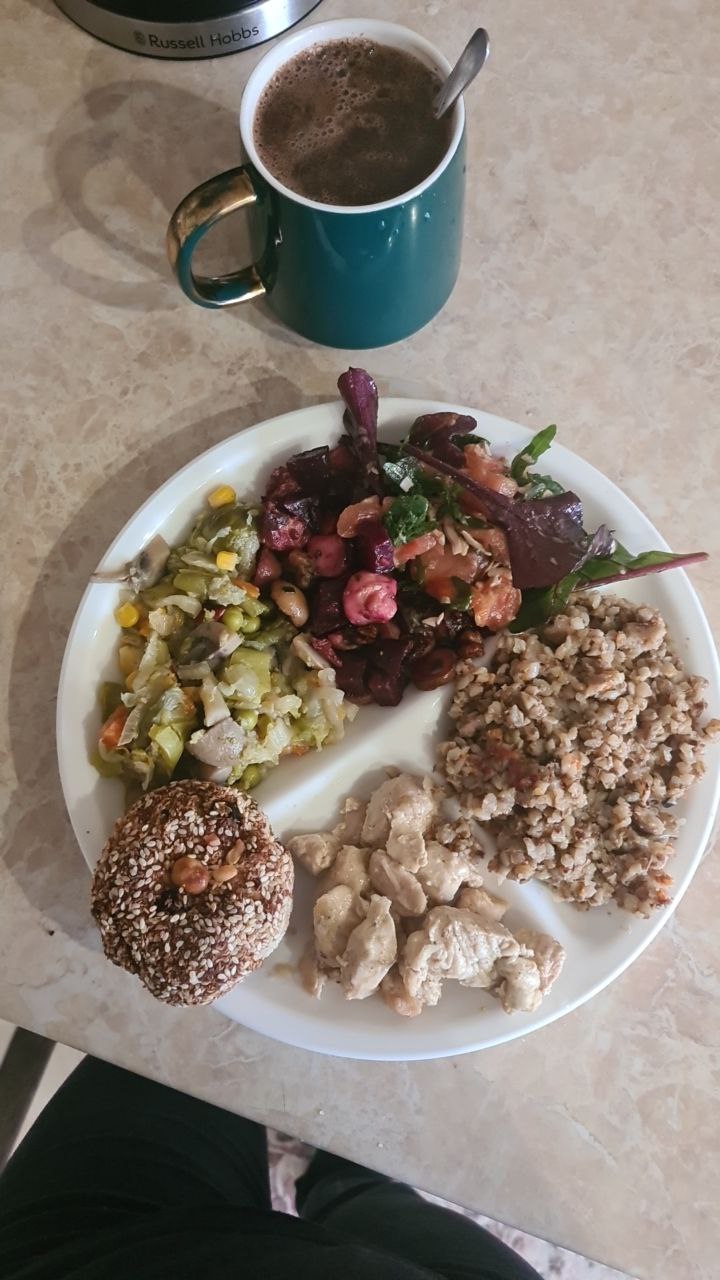plate.bot
track your foodSauerkraut Recipe
Sauerkraut is a classic fermented dish that has its origins deeply rooted in Central European cuisine. Traditionally made by combining shredded cabbage and salt, then allowing it to ferment over a period of weeks, sauerkraut is renowned for its tangy flavor and numerous health benefits. It’s an excellent source of vitamins C and K, and also provides a good dose of fiber and probiotics, which are beneficial for digestive health.
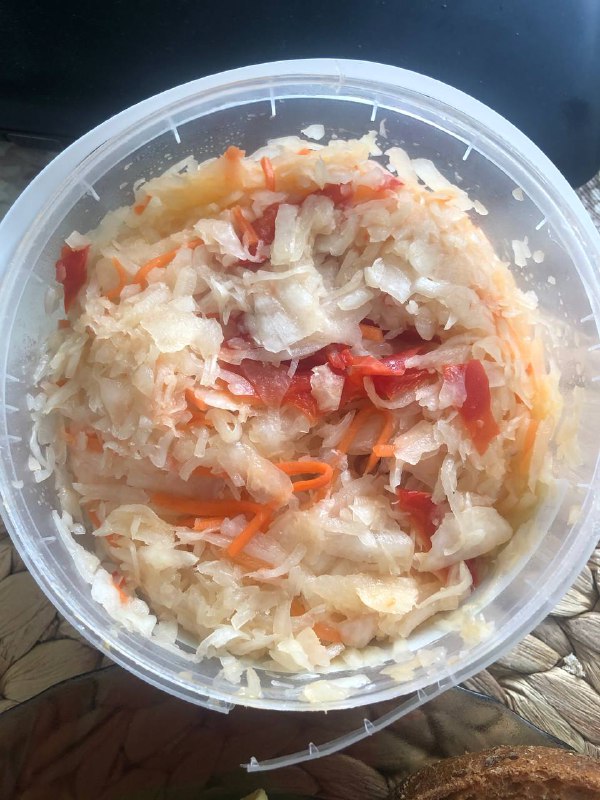
🌎 Central European: Side Dish
- 🔥 Calories 20kcal
- 🍗 Protein 0.9g
- 🍚 Carbs 4.3g
- 🧈 Fat 0.1g
🥗 Ingredients:
- cabbage (90g)
- carrot (5g)
- salt (2g)
- water (0g)
🍳 How to cook (8 servings):
Preparation of Ingredients
- Begin by weighing 90 grams of cabbage and 5 grams of carrot. Shred both vegetables finely for easier fermentation. - Measure out approximately 2 grams of salt, which will be used to draw out the moisture from the cabbage, creating an environment conducive to fermentation.
Mixing and Fermentation
- In a large mixing bowl, combine the shredded cabbage, carrot, and salt. Mix thoroughly to ensure the vegetables are well coated with salt. - If desired, add trace amounts of other spices or seasonings such as peppercorns or bay leaves for added flavor profiles. - Transfer the mixture to a fermentation vessel, such as a jar or crock, pressing down firmly to eliminate air pockets and ensuring that the vegetables are completely submerged in liquid, which may require the addition of a small amount of water. - Cover the container loosely to allow gases to escape, and let it ferment at room temperature for at least 2 weeks. The ideal fermentation period can vary, with longer times resulting in a more intense flavor.
Serving
- After fermentation, the sauerkraut can be consumed immediately or stored in the refrigerator for longer preservation. It can be served as a condiment or side dish, complementing a wide variety of meals.
⭐️ Nutrition facts:
Sauerkraut is low in calories, with approximately 20 kcal per 100g serving. It is a good source of dietary fiber, vitamin C, and vitamin K, and is also rich in probiotics due to the fermentation process. The total macros for a 100g serving include about 0.9 grams of protein, 4.3 grams of carbohydrates, and 0.1 grams of fat.
You may also love
Explore More Recipes
By using this site, you agree to read and accept our terms of use, refund policy and privacy policy.
© Copyright 2025. All rights reserved.
